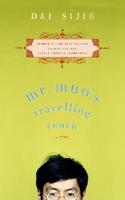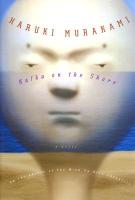Helen Humphreys, Wild Dogs
 Although her storytelling devices are sometimes reminiscent of Faulkner and her subject matter of Russell Banks (especially the Banks of The Sweet Hereafter), Helen Humphreys’ voice is all her own—which is even more of an accomplishment given that she presents her story using multiple narrators.
Although her storytelling devices are sometimes reminiscent of Faulkner and her subject matter of Russell Banks (especially the Banks of The Sweet Hereafter), Helen Humphreys’ voice is all her own—which is even more of an accomplishment given that she presents her story using multiple narrators.Humphreys’ subject is the loneliness and despair that torment the inhabitants of an unnamed northern town. Six strangers, whose dogs have joined a feral pack that lives in the woods surrounding the town, become friends through the act of standing beside the woods every night in hope that one or more of their pets will decide to emerge and return to the warmth of human cohabitation. A failed romance between two of the characters—one of whom, oddly, we are not told is male or female until about halfway through—and a climactic act of violence loom largest in setting the mood for this brief novel, but there is more than enough other sadness to go around for each of the characters who populate this bleak landscape. A haunting and moving book.
Technorati Tags: Books, Fiction, Helen Humphreys









